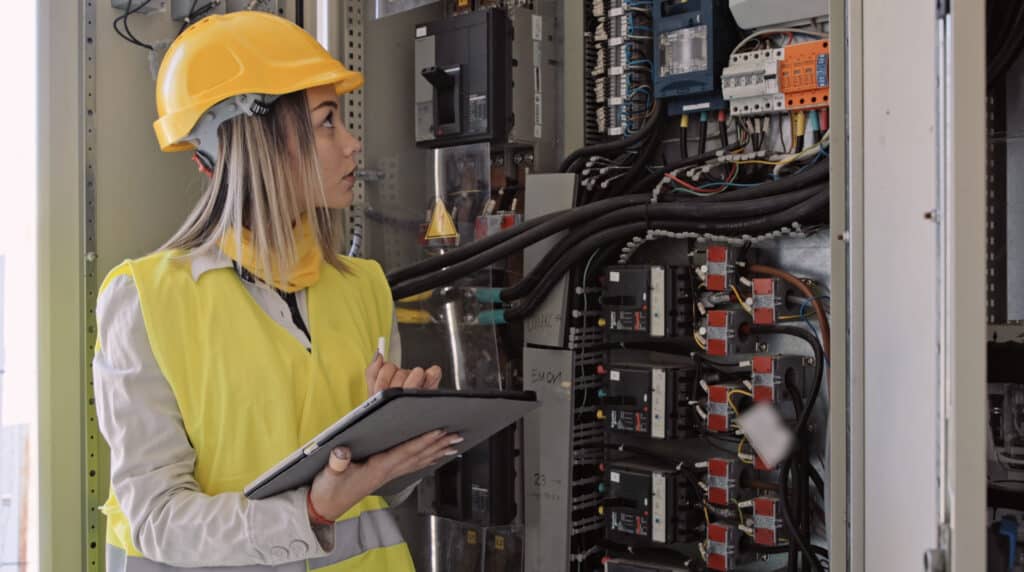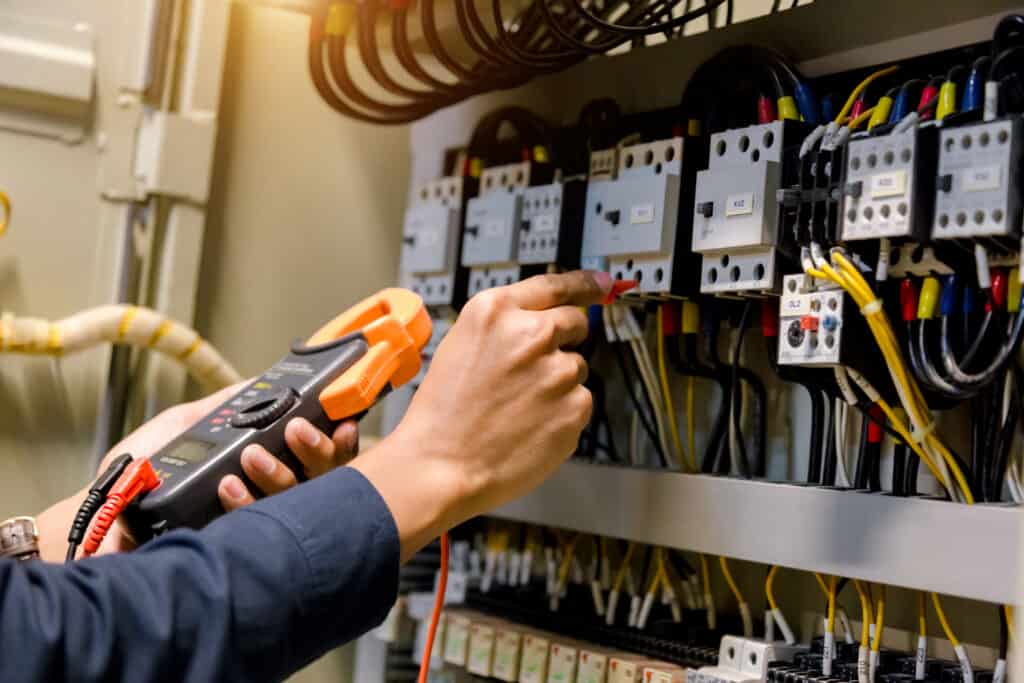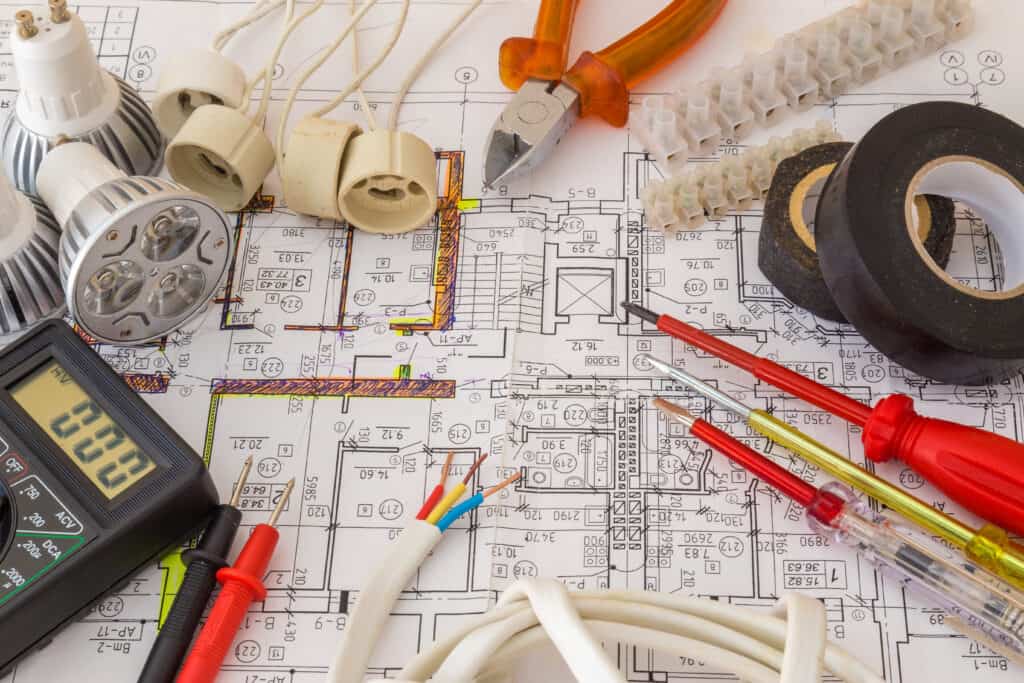Industrial Electrician Careers
The field of industrial electrician offers promising job opportunities for skilled professionals specializing in electrical repairs and installations within businesses and factories. With a demand for a wide range of technical skills, becoming an industrial electrician involves specific training and expertise. Discover more about this profession and the necessary qualifications.
Our job offers
Training to Become an Industrial Electrician
To pursue an industrial electrician career, various educational paths are available, such as:
- DEP in Electromechanical Automated Systems
- AEC in Industrial Automation and Instrumentation
- DEC in Electrical Engineering Technology: Automation and Control
Regardless of the chosen educational program, obtaining a qualification certificate is vital for aspiring industrial electricians. Manual dexterity, meticulous attention to detail, and good vision are essential for success. Analytical thinking, problem-solving abilities, and deductive reasoning are also valuable traits to address electrical challenges and provide effective solutions.

Skills and Responsibilities of Industrial Electricians
Industrial electricians perform a range of tasks, including:
- Conducting regular equipment maintenance and keeping accurate records
- Updating electrical systems
- Cleaning circuit panels and contacts
- Testing different electrical systems
- Reading and interpreting plans and schematics
- Identifying and resolving electrical issues
Industrial electricians work on various systems, such as generators, electric motors, control systems, alternators, and regulators.

Industrial Electrician Jobs and Salary
Industrial electrician jobs offer competitive salaries, typically starting at around $30 per hour, totalling approximately $68,000 per year. Experienced industrial electricians may progress to supervisory roles, which can lead to higher salaries. The demand for skilled industrial electricians remains strong, with experienced professionals potentially earning up to $100,000. Explore the exciting opportunities in the industrial electrician field!

Our other job offers
Our industrial welder assembler employees handle the installation and repair of welding equipment, execute welding on equipment parts, and perform reinforcement-related tasks. Moreover, they must ensure proper monitoring and interpretation of plans.
Our high-pressure welders in industrial jobs assemble and weld metal parts and pipes on devices where liquids and vapors circulate under pressure.
Industrial mechanics perform a variety of essential tasks for the proper functioning of industrial equipment, including maintenance, repair, installation, and modification of various equipment.
As industrial job workers in the production field, our labour is responsible for manufacturing various goods.
Machinists in industrial jobs operate and control machine tools to produce precision instruments and parts.
Our industrial painters apply paint on an array of surfaces, equipment, or parts.
Our production foremen efficiently organize work and projects in both on-site and factory settings for various industrial jobs.
Industrial pipefitting professionals work on pipe networks that transport liquids and gases at diverse pressures and temperatures.
Our industrial job polishers produce items with a perfectly smooth and uniform finish, polishing metal parts using tools such as grinding wheels, grinders, and sanders.
Industrial electricians maintain and enhance electrical installations to optimize performance and ensure proper operation.
Working in industrial assembly and fitting jobs involves various sectors. Our assembler-fitters perform tasks such as:
- reading and interpreting assembly plans and diagrams;
- fabricating, assembling, and fitting the structure;
- applying manufacturing, bolting, welding, rigging, and assembly processes.
Mechanical engineers in industrial jobs study, design, and develop heating, air conditioning, and ventilation devices and systems.
Industrial job electromechanics are responsible for maintaining, testing, restoring, and repairing components like electrical devices, electric motors, transformers, and connection equipment.
Our industrial job heavy equipment mechanics inspect, maintain, repair, and adjust various components and systems of heavy machinery, complying with each system's standards.


